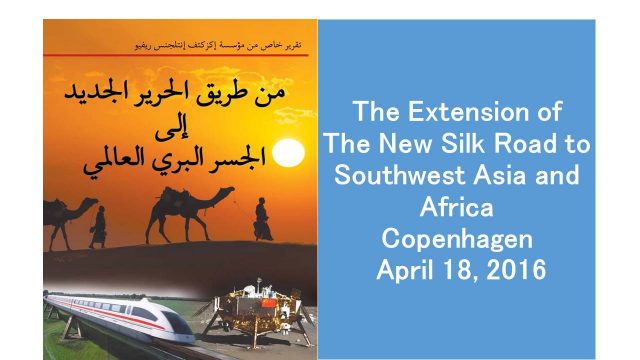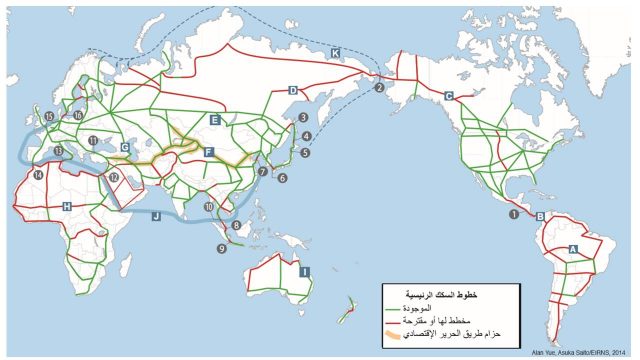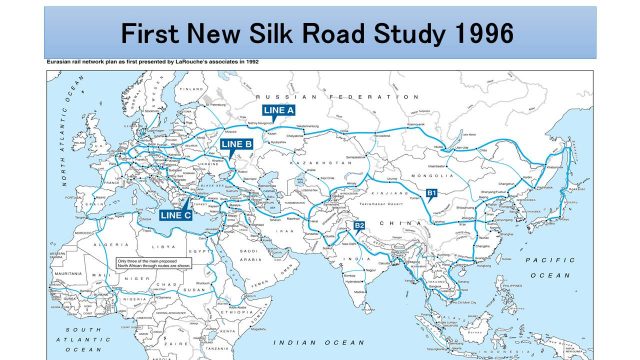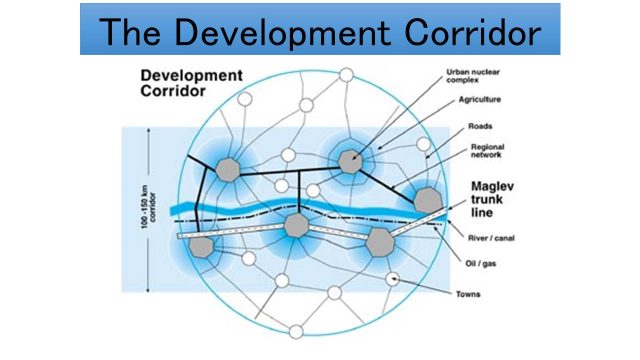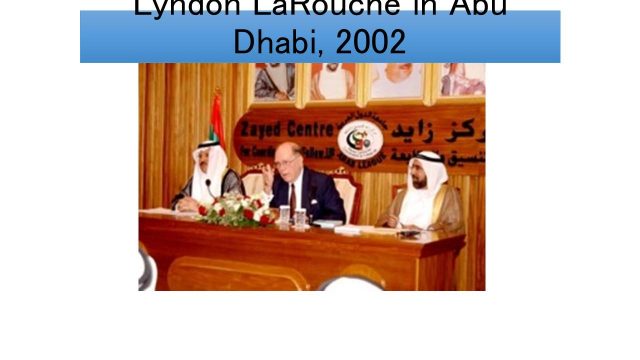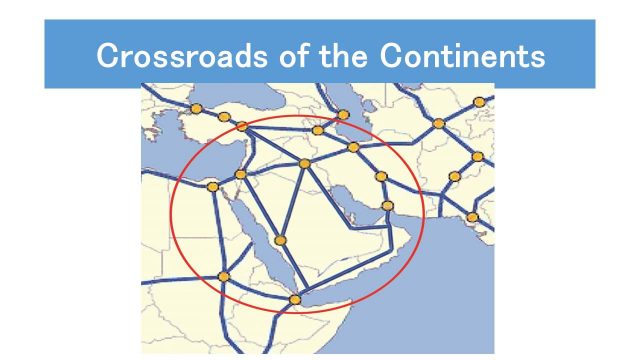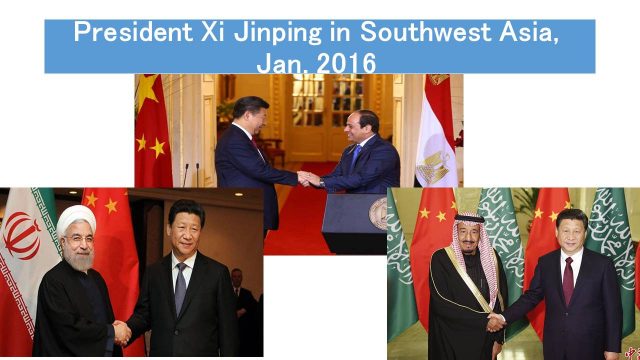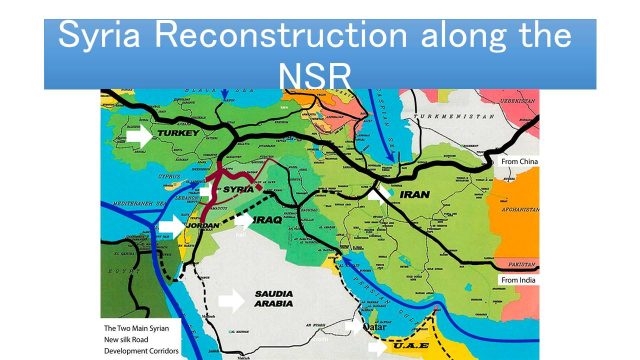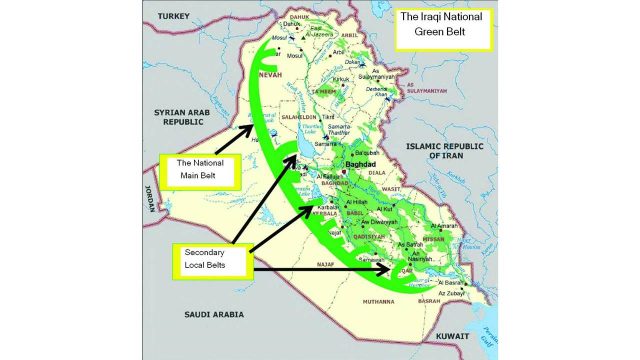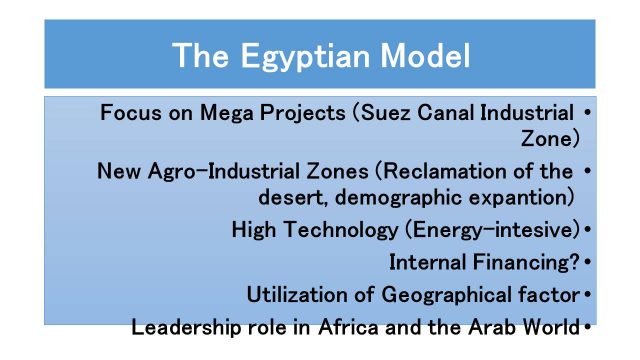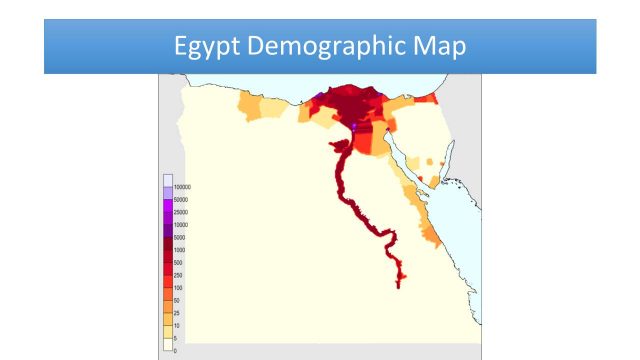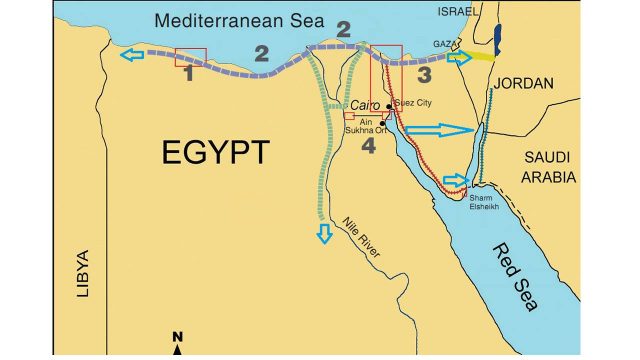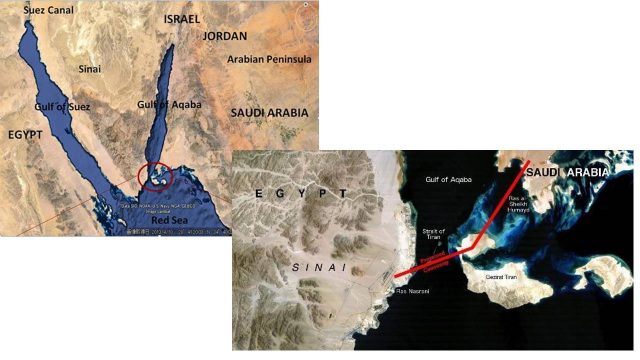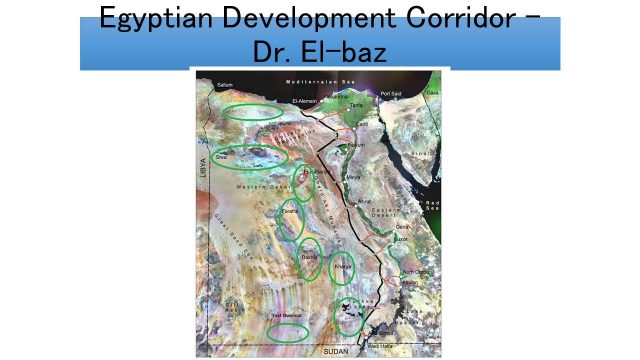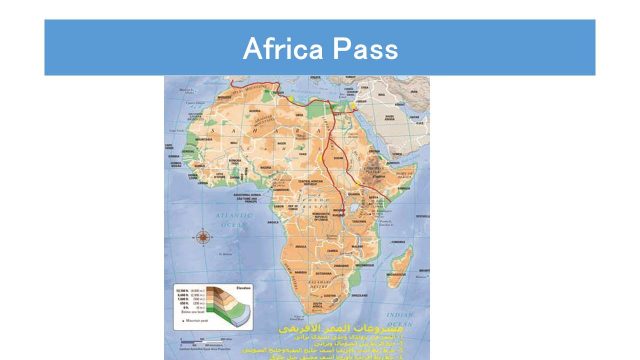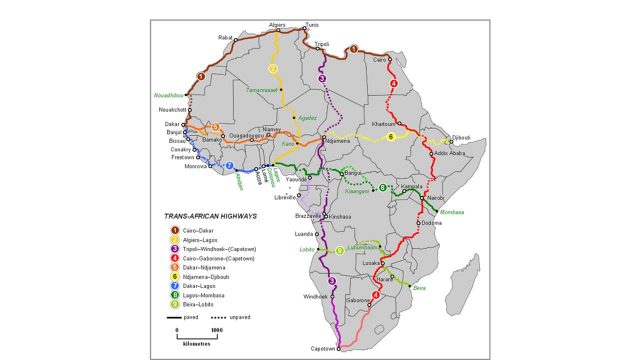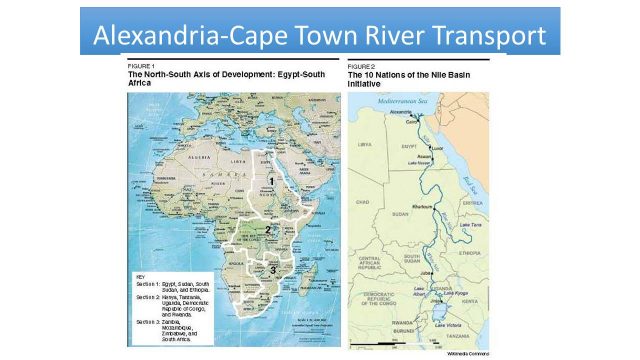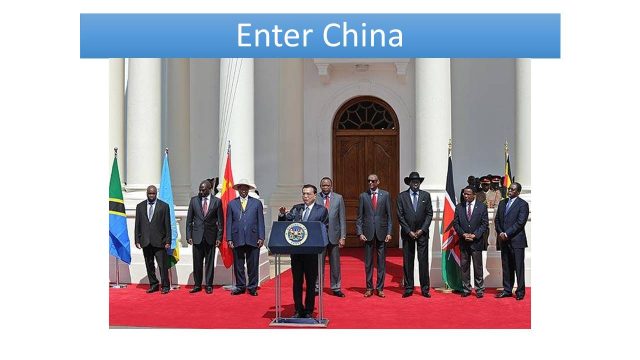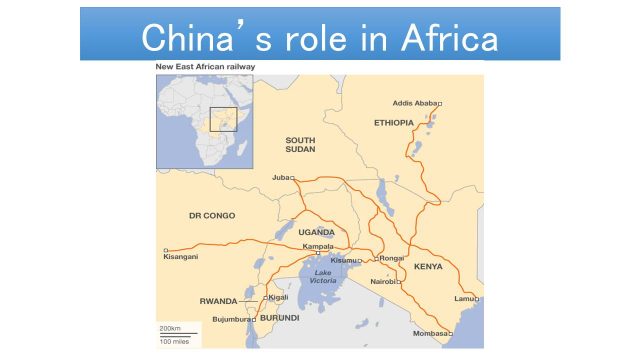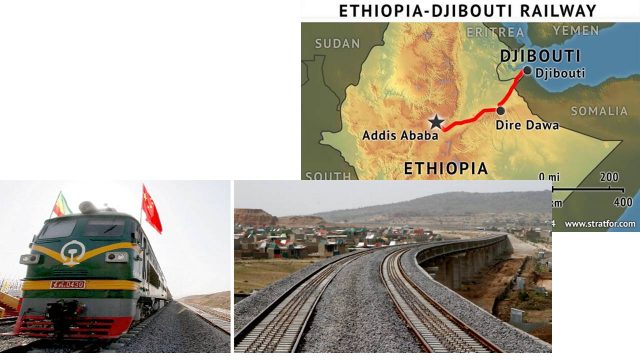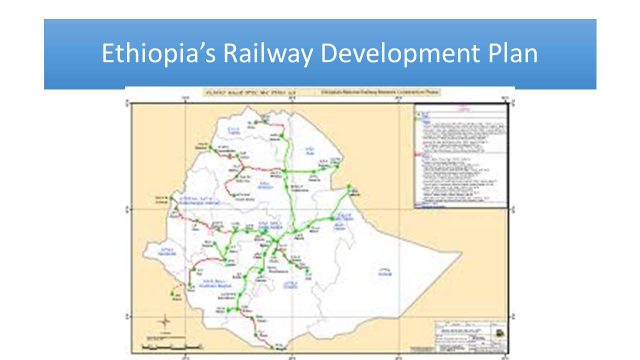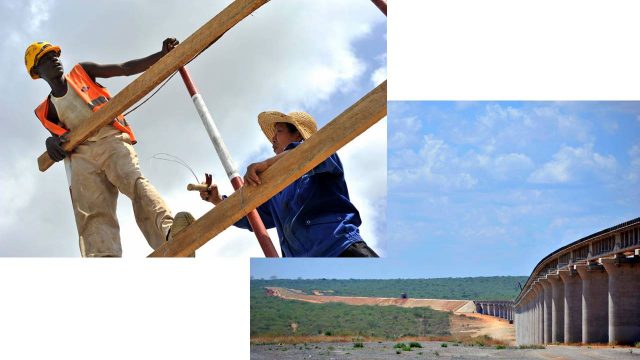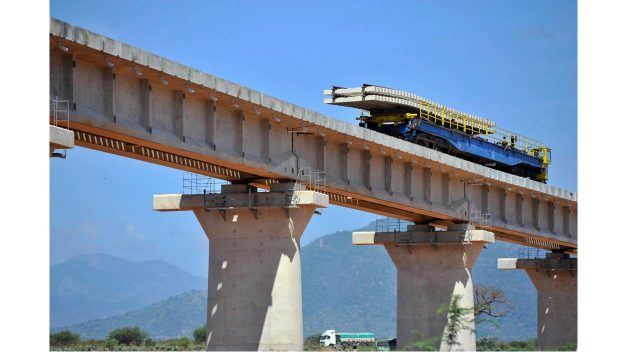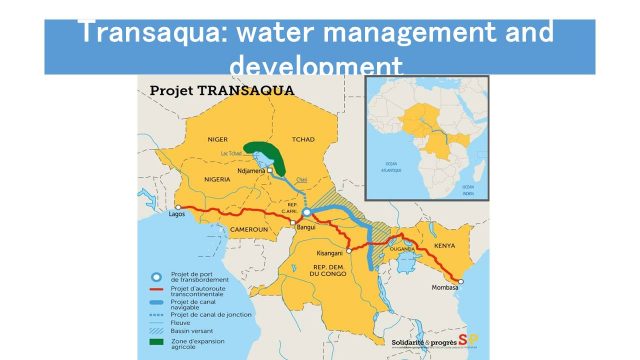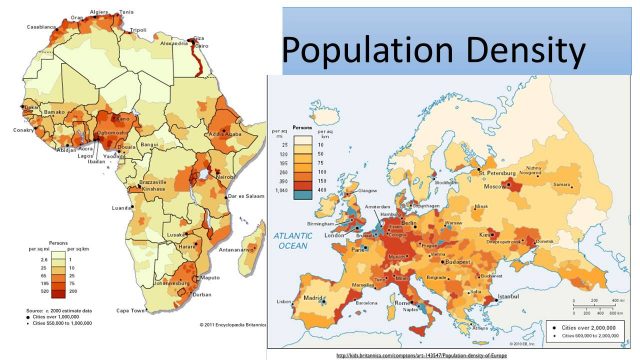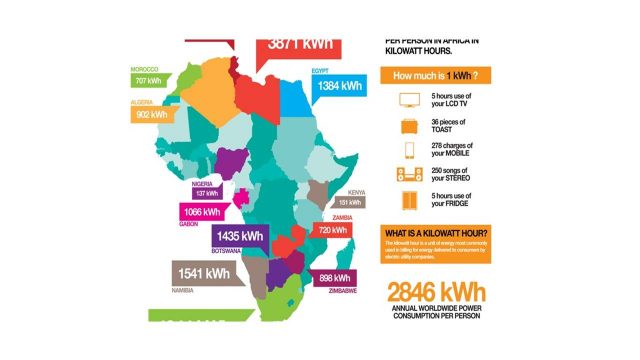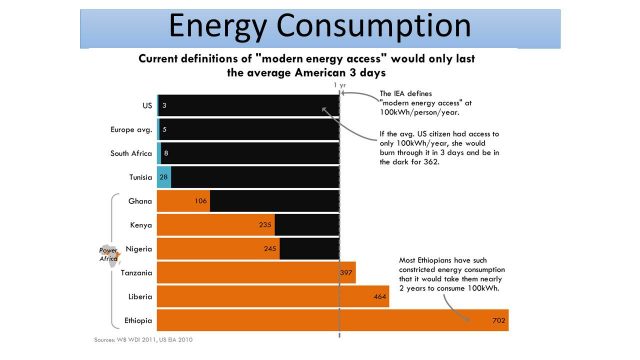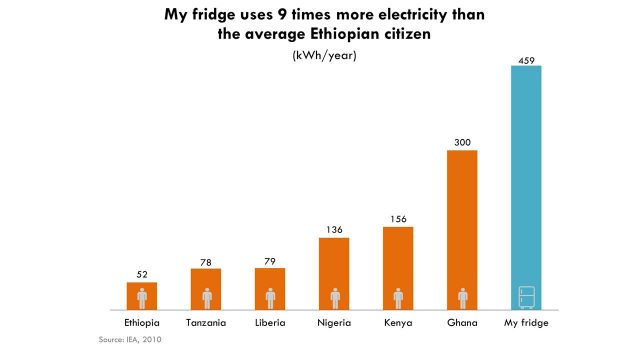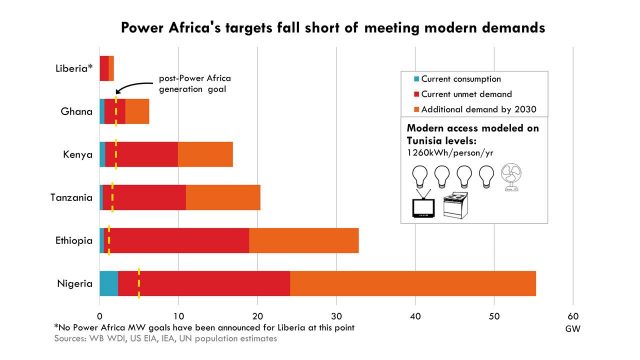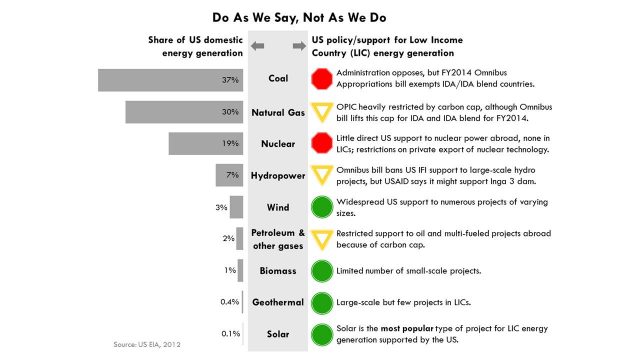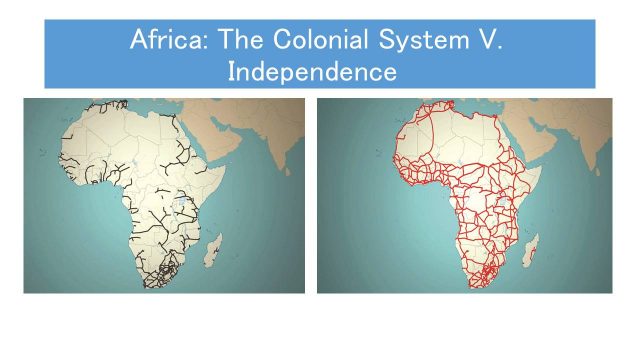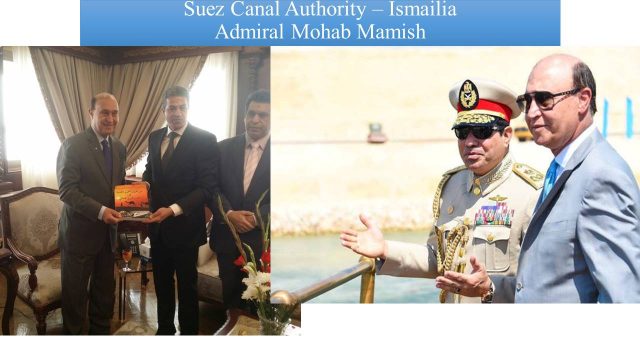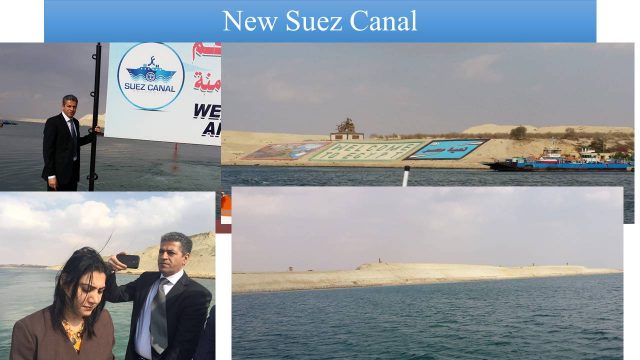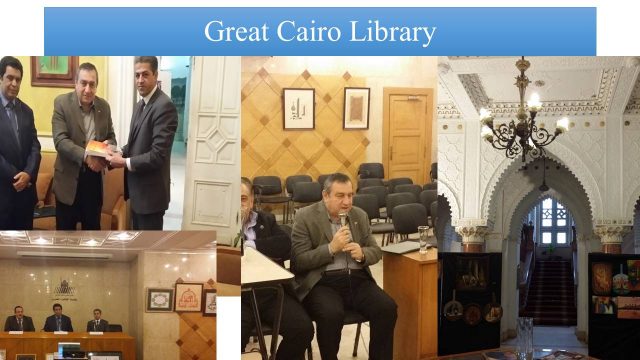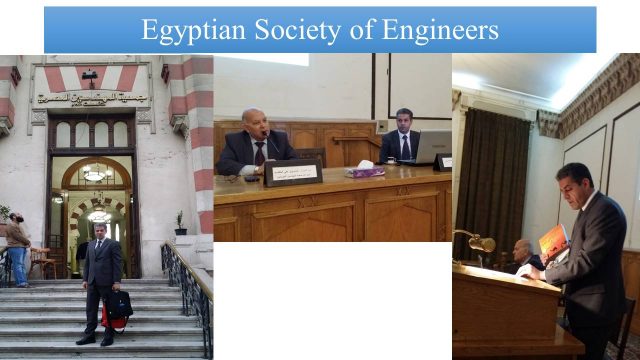Kommer senere på dansk.
Hussein Askary Speech in Copenhagen to the Schiller Institute-EIR
Seminar “Extend the World Land-Bridge to Southwest Asia and
Africa,” April 18, 2016
{Hussein Askary had fair number of graphics and charts, which he
used to illustrate his presentation.}
TOM GILLESBERG: The next speaker is somebody very unique
and unusual, Hussein Askary originally comes from Iraq and had
to get out under very nasty circumstances, as many others. But
that became a blessing at least for our organization, because
Hussein, through Norway, ended up to become part of the
international LaRouche organization in 1994, and has since then
been contributing quite fantastically to our international work.
And he is one of the authors of the original {New Silk Road
Becomes the World Land-Bridge} report; but then also made a
decision, that this cannot simply stay in the English language,
or Chinese. This also has to be in the Arabic language. So
Hussein took it upon himself to translate this into the Arabic
language and then also of course, write some extra parts to it,
which is necessary for the present circumstances in Southwest
Asia to have.
This report just came out. It was release on March 17, in
Cairo, in a meeting presided over by the Egyptian Transportation
Minister who then introduced Hussein, and the hope of course is
that this will become something read and studied and acted on in
the whole Arabic world, as well as the rest of the world. So
Hussein?
HUSSEIN ASKARY: You have heard Helga today, giving a very
stern and sobering warning about the state of affairs in the
world, the dangers are very real to the world today. What I am
going to do, and please don’t misunderstand me, I’m not going to
give you a picture of how rosy and nice things are, either in
Southwest Asia, the so-called Middle East, or in Africa, but, as
they say in sports, you have to keep your eye on the ball. What
Helga just said, is that there is a new paradigm in the world,
which can lead to a completely different, and new world order.
And it’s that paradigm, within which myself, the Schiller
Institute, and the people we are talking to, we want to direct
their attention to that new paradigm.
I’m thankful to Leena Malkki for her beautiful singing, and,
especially, the {Aida} aria. It was actually performed at the
opening of the Suez Canal, the second Suez Canal, last year.
The idea of great projects, the idea of great challenges,
like Hela was explaining, this idea of being in space, looking at
the world from space, and, also, the idea of major projects, like
the Suez Canal, like the Three Gorges Dam in China, the New Silk
Road, the effect they have on people, is that they challenge
their imagination, and challenge their creativity, because they
represent major difficulties, major technical problems,
intellectual problems, that have to be solved, before you achieve
these major projects. And that transforms the idea of people. It
also gives people an idea of a creative constructive identity,
and the position of man in the world, on this Earth, and also in
the universe. That is why we try to work on these concepts of the
New Silk Road, the extension of the New Silk Road, to {inspire}
people to think outside of the box, outside of the box of
geopolitics, which Helga was trying to explain. We have to get
out of geopolitics. We have to act {human} again. But that has
practical implications. There are practical problems, and other
issues, and even scientific issues we have to resolve.
So, for those who are not familiar, this is the extension of
the New Silk Road. The New Silk Road has existed as the new
strategic policy of China since 1996, but we want to expand this
into a global collaboration, a blueprint, as Tom said, a concept
for peace and cooperation among nations. We have to connect the
Economic Belt of the Silk Road (the one with the yellow), which
is already being built. As Helga said, the first train arrived
from China to Tehran last month. There are projects going on in
Siberia. So there are trains going from Asia to Europe. There is
no problem with that. We need to extend it into the Southwest
Asia region, the so-called Middle East (I can explain later why I
say Southwest Asia, and not the Middle East), and into Africa,
and of course, into the Americas.
So, you can see that the red lines are where we have the
biggest deficits, the biggest deficits in infrastructure, both
transportation infrastructure, but also in other needs, deficits
in water, and deficits in electricity.
What is different in the Arabic part, which I rewrote
certain parts of it, like the Southwest Asia part, we also added
the Arabian Peninsula, also, to the idea of the connection to the
New Silk Road. This is no longer simply a Silk Road; this is the
World Land-Bridge, which can unite all the continents of the
world.
In 1996, I had the great fortune to work with Helga
Zepp-LaRouche and the team of {EIR} to make the first major study
of the New Silk Road, and it was that one which was adopted by
the Chinese government as the strategic policy of China. It was
also a thick report like this.
This work is being done, mostly in East Asia, Central Asia,
Iran, Turkey, Russia, all these nations are involved, but what is
lacking is the connection to the rest. So it has been 20 years
since that idea emerged, but there was no response from the
countries in the Arab world, for example, or in Africa.
Now, the idea with all these lines is not only about trade.
We want to warn people, that we are not talking about moving
goods from China to Europe. That’s not our concept. That’s a
byproduct. What we mean by the New Silk Road, the World
Land-Bridge, that we need to create development corridors: a
development corridor where you bring power, water, and technology
to areas that are landlocked, that are far from industrial zones,
and, explore the resources, human and natural resources of that
region, to develop new centers of economic activity. Like
landlocked nations, like in Central Asia, or the Great Lakes
region in Africa. That’s the concept. It’s not about trade,
although trade is an important aspect of this.
In 2002, Mr. Lyndon LaRouche, the American economist and
political leader, the husband of Mrs. LaRouche, was in Abu Dhabi,
in a conference about oil, and the role of oil in world politics,
and the future of oil. And there were many ministers of oil
actually from the Arab countries — the gentleman to the right is
the energy minister of the United Arab Emirates — and Mr.
LaRouche shocked everybody, and said that the Arab countries, or
the Gulf countries, have to gradually stop exporting raw oil, and
actually use raw oil and gas as an industrial product, for
petrochemicals, plastics, where every barrel of oil will give
many times its value, rather than burning it as energy. He said
that you should use your position in the world, as a crossroads
of continents. You have to utilize that position as a crossroads
for world trade, but also, the connection between Africa, Asia
and Europe.
So I added these to the Arabic version, because I think that
this is a very unique area in the world, not only that its
strategic location is very unique, no other part of the world has
that; you also have two-thirds of the world’s energy resources,
so-called, oil and gas in that region, but also, most
importantly, you have about 450 million people. Most of them are
young people. And actually, many of them have a good education.
You also have nations with a very ancient history and culture,
and a very historical identity, like Egypt, Ethiopia, Iran, and
so on, and they also have an idea of themselves as becoming key
players in the world, but we hope that they will become key
players in the world in the economic, scientific and cultural
sense.
The problem is that all these advantages have been turned
into disadvantages. So this region has become a center for global
politics, for global geopolitics, and that is why we see the
conditions we have in the whole Middle East region becoming like
this.
Our idea is, now we have this new situation with the Russian
intervention, the prospect, the possibility of having a peaceful
political solution in Syria, the prospect of uniting many powers
to fight ISIS and al-Qaeda, and so on, both in Iraq and Syria,
and also in Libya. But this should be followed, as Helga said, we
need a Marshall Plan, we need an economic development plan, to
establish peace on a true basis.
The reason I joined the Schiller Institute in 1994, was that
I was in Oslo, and I was working as a translator, and there was a
Palestinian children’s delegation coming with Yasser Arafat; and
I was going around with them, and, at that time, you had the Oslo
peace agreement. A week later, I saw a sign that the Schiller
Institute was having a meeting in Oslo. They had a very
interesting title. They said in the meeting that if you don’t
start with the economic development of the Palestinian people,
the people in Jordan, Syria, Israel, and so on, if you don’t base
the peace process on a solid economic basis, this whole thing
will fail. And the peace process is, of course, dead now, both
because of that, but also because of geopolitics which has
prevented reaching a true peace.
So, therefore, to establish true peace, we need an economic
and scientific program. Helga referred to president Xi Jinping’s
visit to the region in January this year. I consider this as an
historic turning point, actually, because at that point, in late
January, Saudi Arabia and Iran were at the point where there was
a big risk of a direct war between Iran and Saudi Arabia, because
of the beheading of a Shi’a clergy in Saudi Arabia, which led to
demonstrations, the burning of the Saudi Embassy in Tehran, and
so on. So the Chinese intervention came at a very crucial point,
where they said, “Look, all these religious conflicts and
problems you have with each other, can lead the whole world into
a disaster. Why don’t we work on our method? We offer you to join
the New Silk Road. We offer economic development, and technology,
and even financing, so we can connect all of your countries which
are in conflict with each other together into this global
process.” And this is very, very important. And nations in the
region have to really grasp that opportunity now, and, instead of
discussing the fate of President Assad, they should discuss what
kinds of economic projects they should work together on.
One of the issues that I didn’t mention, is that, for
example, even as Helga said, Saudi Arabia and Turkey, they can
join this, if they stop this other policy, because we also have
one of the largest concentrations of financial power in the Gulf
countries; the so-called sovereign funds of the Gulf Cooperation
Council countries is about $2 trillion. This can be transformed
into credit.
In the report, I propose the establishment of the Arab
Infrastructure Investment Bank. A bank which will be financed by
these rich countries, which would have a capital of $100-200
billion, and that capital will only be earmarked for
infrastructure and development projects.
So every nation has a role in this. And in the report, we
have also added, which is not in the English report, a plan, a
general outline for the reconstruction of Syria, by utilizing
Syria’s position also as a bridge for the Silk Road, both from
Asia, and from Europe, into Africa. We also propose the
construction of a Syrian National Reconstruction Bank, which is
very important. We have a very important chapter in the report
about how nations can internally finance major infrastructure
programs. Because, the big question, which comes all the time
when I am in Arab countries, or in Africa, is, they say “OK. This
sounds good. Who will pay for this? Where will the money come
from?” Actually, you don’t really need money, in that sense. You
can create the money, but you have to know where to use that
money. As Helga said, the central banks in Europe and the United
States are pumping massive amounts of liquidity into the
financial and banking system. But none of that is transformed
into technologies or projects, public projects, or housing
projects, or industrial projects in Europe or anywhere. So money
is being printed, but it is not being used.
But there is a method, which we call the Hamiltonian
national credit system, which every nation can actually
internally generate credit to finance part of its national
development plans, and this is one thing we put in the Syria
plan. Because every time there is a war like in Bosnia, in
Lebanon, and so on, you have donor conferences, where every
nation says that we will give you so much money, 100 million, 50
million, but there is no centralized idea about how to rebuild
the whole country. It all depends on donations, small drops which
come. We want something massive. We want something big. Foreign
governments should contribute to that by exporting technology to
Syria, for example, which Syria cannot afford to build, or afford
to buy, in the current situation.
Also, a part of our plan for Southwest Asia is to fight
against desertification, by managing and creating new water
resources, stopping the expansion of the desert. This is the
Iraqi Green Belt project to stop the effect of sand and dust
storms, which actually is a big problem for many cities in Iraq,
sometimes even reaching into Iran, by building a Green Belt,
planting trees in a large scale, a belt by using both ground
water and water from the rivers. This is a kind of national
program which can unite the people of Iraq for an idea of their
future together. Not Sunni, Shi’a, Kurdish, Turkish, and so on,
and so forth. These are the kinds of projects, real physical
projects, which will challenge people to work together in a
country like Iraq.
Now, I took this Egyptian model, because in Egypt, you have
a very terrible situation, which is the accumulation of 30 years
of destructive economic and financial policies, mostly caused by
former President Mubarak’s and Anwar Sadat’s collaboration with
the IMF and the World Bank. There should be a shift in the way
Egyptians consider their economy. Because Egypt always waits for
the IMF or the World Bank, the EU or the United States to give
some money so that they can start something new. And usually
money does not go to large scale. Europe, the United States, the
UN, the IMF and the World Bank will {never} finance large
infrastructure projects. That’s the policy. Small, small, small
is beautiful. That’s what they say.
But in Egypt, with the new leadership in Egypt, you have the
focus on mega-projects, which is a necessity. If you want to save
Egypt’s economy, Egypt’s entire infrastructure has to be built
from scratch again. There should be new industrial and
agricultural centers, which they are focusing on.
Using high technology, they try to attract the highest
levels of technology, and internal financing. You know, President
el-Sisi, when they wanted to build the Suez Canal, there was no
money, as usual, they said. So what he did was something unique.
He went outside the central bank. He went outside the budget, and
said, “I will go on TV, and I will tell the Egyptian people that
we want to build this canal. It’s crucial for our nation. We want
you to give the money.”
In 2013 I wrote a memorandum for Egypt, an Egyptian Economic
Independence Document, I called it. Actually, inside Egypt, you
can raise more than $100 billion, because there are resources
inside Egypt. People, even today, buy dollars. They take part of
their salary, and buy dollars or gold, and keep it at home, so
that financing disappears from the system. It’s not reinvested in
the system. People keep their money because of the unstable
economic situation.
But if you encourage the Egyptian people with this kind of
national development projects, which will put their kids to work,
unemployed young people, they would come out with the money. And
this is what el-Sisi did. I wrote at the time, that they should
build a National Development Bank, not just one fund for the Suez
Canal, as they did. But as soon as President el-Sisi came on TV
and said, “We want to build this canal, but we don’t have the
money. We want the Egyptian people to pay for it.” So they went
out, and in one week they raised $8 billion. And people were
queuing late into the night; I met a banker last year, who said,
“We had to stay open into the night, because people were queuing
at the banks to buy the bonds!” Egyptians are real patriots. They
love their country, but if they are encouraged by good
leadership.
Of course, the Suez Canal is not giving back what was
supposed to be already from the beginning, because world trade
has collapsed. The level of transit in the Suez Canal has gone
down, not because of Egypt’s policy, but because the world
economy is going down. Global trade has been collapsing. But the
idea is to use the Suez Canal as a development zone. And this is
what I got from people in the Suez Canal Authority — that they
are not only thinking about transport of goods, but they want to
utilize that route to build new industrial zones around the
canal, like we showed in the development corridor idea. And, of
course, Egypt has a very key role, both in the Arab world — it’s
the most important Arab country — and also in Africa.
Now Egypt has one big problem — it’s the demographic
problem. People say that Egypt is overpopulated. That’s not true.
Egypt is not overpopulated. Cairo is overcrowded! Ninety million
people live on only 5% of the land of Egypt; 95% of the land of
Egypt is empty. It’s not used, but it’s not overpopulated. The
United States and Europe have been financing the Egyptian
government with hundreds of millions of dollars for family
planning, so that women will have fewer children. But no projects
were built to expand Egypt’s economic potential to accommodate to
the new generations, so that they can have new agricultural and
urban centers out in the desert!
After I was in Egypt last year, I wrote a report for a major
economic conference in Egypt to attract investment; but these are
the ideas which came out of both the conference, and my
observations about Egypt’s role in the New Silk Road. In Egypt,
people were very negative to the idea of the New Silk Road,
because they said that the transshipment on the Silk Road will
take away trade from the Suez Canal — that shipments will go
from Asia to Europe by land, and we will lose. So there are a lot
of people in Egypt who are actually against the idea. But I was
telling people, “Look. It’s not about trade. If you have economic
development, you will need more Suez Canals to accommodate the
trade. But if the world economy is not growing, there is no
development, there will be no trade. And people will compete on
attracting trade into other areas.”
So the idea is to develop Egypt’s economy, but also
contribute to more development and more trade among nations. And
it’s in utilizing Egypt’s position to connect to Sub-Saharan
Africa, to North Africa, the Middle East, and to the Arabian
Peninsula. Interestingly, after I was in Egypt, last week the
Saudi King was in Egypt, and they decided to build this bridge.
At Sharm el-Sheikh, there is a connection over the Gulf of Aqaba.
I think that the Egyptian President invited the Saudi King to
support the building of this bridge between the Saudi territories
and southern Sinai, which will turn Sinai from an isolated area,
suddenly into becoming the center between two major economies.
There are now big problems in Egypt, because the President
made a terrible mistake by conceding sovereignty over the Tiran
and Sanafir islands to the Saudis. There was a dispute between
the two countries for many years, but President el-Sisi suddenly
declared that they are Saudi islands, and now there is a big
uproar in Egypt. And the mistake was that there was no public
discussion about it. The parliament didn’t have anything to say
about this. So, now there will be a review of the agreement. But
the idea of this project is very important.
Now, for Egypt to get out of that demographic box, is for
Egypt to expand its economic activities into the desert. This is
the development corridor proposed by Dr. Farouk El-Baz, who is a
space scientist, and he is right now an advisor to the President.
And he designed this idea of creating the new valley, the new
Nile Valley, by building railways, roads, and new urban centers.
I added these green zones, because these are actually becoming
new agricultural areas that the Egyptian government wants to
invest in, by creating new farmlands — they are talking about 4
million acres of land, and settling young people into these
regions, and building new agro-industrial centers. But what is
needed is to extend the development corridor, the black line,
into the economic zones.
This is the Africa Pass. One of our Egyptian friends, an
engineer, presented this at our conference in 2012, it’s the same
idea, connecting Egypt to North Africa, to Europe, and into the
Great Lakes region of Africa. Now, the Great Lakes region
countries, like Rwanda, Burundi, the eastern Congo, Uganda, they
have massive problems of economic development, also because they
are very far from the transport corridors of the world. We wrote
a series of reports two years ago about the cost of shipment of a
container. The Danish shipping company A.P. Møller-Mærsk has
statistics that the cost of a shipment of a container from
Singapore to Alexandria is $4,000, to Mombasa in eastern Kenya,
it becomes $5,000; but to the capital of Uganda, it goes to
$8,000, because there are no good roads to ship that container!
Into Rwanda and Burundi it reaches $10,600 per container. So they
cannot bear the cost of shipment of containers that maybe have
technology inside them, and machines, and that is a major problem
for these so-called land-locked countries. So you need to have
new lines of transport which will reduce the cost of the
transport.
Now these are ideas which the African nations, the African
Union, have had for many years. There are many very nice plans,
but the attitude of the rest of the world to Africa, because
Africa, by itself, does not have the technology, at least, to
build these projects, and there has been no willingness in
Europe, or the United States, to finance, or contribute to
building the projects proposed in any of these major reports, to
integrate the infrastructure of Africa and enhance economic
development. Because without infrastructure, you cannot have
economic development.
But some of these lines are now coming on the agenda, thanks
to the intervention of the BRICS nations, and also of China. For
example, the Cairo-Cape Town highway idea, President Jacob Zuma
of South Africa, presented this actually twice at the BRICS
summit in 2013 and 2014, and he said, “This is a crucial, a key
element in the development of Africa. We need to work with the
BRICS nations and China, Russia and India to build these
projects.” There are 400 road and rail projects involved in this.
But this is a big challenge, both in terms of financing, and in
terms of technology.
There is also the possibility of connecting the river
systems of Africa for river transport, like in Europe, the
Main-Rhine-Danube Rivers are an important transport artery, and
development artery. In the same way, you can connect the Nile to
the Great Lakes, to the Zambezi River through a number of canals,
and so-called trans-modal transport systems, where you can ship
from rivers to rail, and back to rivers, to lakes, and so on, in
an easy way.
Filling the gap which the United States and Europe have left
for many, many years, now the Chinese–. Well, in Europe, we
have a very problematic and twisted relationship to poverty, to
poor countries, to underdeveloped countries. Europeans look at
Africa as a burden. It’s a problem. How do we solve this problem?
But the problem is that the whole focus has been on aid,
emergency relief, and so on, and so forth, but that really
doesn’t solve problems. I mean, people talk about genocide. In
Africa, every year there are 4 million children who die. Now,
talk about a war crime. There are 700,000 children before the
age of five who die every year in Africa. So, you cannot solve
these problems with small aid projects here and there. You need
to think big. You need to provide those people with adequate
transport, electricity, water systems, and this cannot be done by
so-called aid programs. In Africa 600 million people don’t have
access to electricity, out of 1 billion.
But you look at the Chinese, when they look at an
underdeveloped country, they see an opportunity. They see
potential. They see a “win-win” strategy — new markets, new
areas of development, and they should intervene in that
situation.
It is the same idea that President Franklin Roosevelt of the
United States had. All of his fights with Churchill were exactly
about this problem. Roosevelt told Churchill in the middle of
World War II, that you British are very stupid, because you suck
the blood of the Africans, and you get pennies, you get nothing,
by sucking their blood. But if you develop Africa, as independent
nations, as modern nations, as we did with the United States,
then you will gain much, much more; if you treat them as humans,
if you develop their infrastructure, schools and hospitals.
And this is exactly what the Chinese are thinking about. Out
of the problem, they see an opportunity. Prime Minister Li
Keqiang was in East Africa, and also Nigeria in May 2014, and
immediately said, “We want to help Africa to connect all the
capitals with railways,” which is a big deficit problem. And they
started from East Africa. And now there are projects being built
from Lamu, a new port, into the land-locked South Sudan, into
Uganda, into Rwanda and Burundi. And China is both financing
major parts of this, but also contributing to building it, to
solve the problems of the land-locked countries and the need for
development.
China recently completed, it’s not running yet, but part of
the railway is running, from Djibouti to Addis Ababa. There is an
old railway, which is not functional, built by the French
colonialists, but now there is a new, electrified railway, which
goes from Djibouti to Addis Ababa.
Two interesting things about this railway are, firstly, that
Ethiopia is always associated with famine and food problems. Some
of these problems still exist. These are on the way to being
solved, but to bring food from the ports to inside the country
usually took two months, because of the lack of infrastructure.
So starving people could not have food in time. Even if the food
existed in the port, coming from around the world to Djibouti, it
was almost impossible to bring the food to the people who needed
it. Now, that food can be shipped in 10 hours, to the capital,
and also to other areas. The other interesting fact about this
railway is that China is not just building the railway, and
financing it, but training and educating engineers and workers to
run these systems.
Now, Ethiopia has a massive infrastructure plan for
connecting all the major cities of Ethiopia, with the railway and
roads. The other thing about the railway is that it is all
electrified. And the Ethiopians will use all these new dams they
are building, to electrify the railway. So they don’t need import
oil, and gas and diesel to run the railway system. They will
domestically provide the energy to run the trains.
So, Ethiopia, I am very sure it will never be associated
anymore with famine and poverty. Ethiopia is a great nation, a
very proud nation. They have massive resources, but these
resources have been dormant, have not been utilized. But now,
with the Chinese intervention, and also India is active there,
these resources will be developed.
This is just a metaphorical picture. This is the
Mombasa-Nairobi railway being built by a Chinese and a Kenyan
worker. In Africa, the propaganda goes that the Chinese never let
the locals work in these projects. They bring their own workers,
they bring their own engineers, their own technology, they build
the thing, and then they leave. It’s not true. They always
involve local workers. They train them, because they cannot run
these systems; the locals will have to run these systems
themselves.
But they are also training the labor force in Uganda. They
are building an Army Corps of Engineers, so that the Army can
play a positive role in the development of the country.
Traditionally, the Army Corps of Engineers played a very
important role, even in advanced countries. So this is part of
the same project.
Another important infrastructure project for Africa is
Transaqua. Lake Chad is drying up, which is a known fact, and 30
million people are affected, because they live as fishermen, or
they have grazing land around the lake in Chad and Nigeria, and
Niger. All these countries are affected. There are 30 million
people around that region, and there will be massive migration
actually from the Lake Chad region. So there is an idea called
Transaqua, which was developed by one of our friends, an Italian
engineer, to bring 5% of the water from the Congo River, or the
tributaries of the Congo River, and build a 2,800 km.-long canal
into the Chari River, and then flow downwards into Lake Chad, to
refill the lake; but also to have a new economic zone, and build
the Mombasa-Lagos highway, which was one of the plans I showed
earlier.
So you can transform that part of Africa, which in people’s
minds is a complete jungle, into a new economic zone, but also to
bring water to the Lake Chad region.
Now, there are some other issues I want to address. One of
the big deficits of course in Africa, is the energy consumption.
And as I said not everybody has that; the average international
level of energy consumption is about 2,800 [kw?] but that’s not
equal. The only two countries which are exception are South
Africa and Libya, before that. So the energy needs in Africa are
{enormous}! I mean Africa has a lot of wealth, but also the
hydropower potential which has never been built. But the
attitude of the Western countries, like the Obama administration,
they have something called “Power Africa Initiative,” that
certain nations in Africa will get energy provided. But they’re
not talking about hydropower, they’re not talking about nuclear
power, they’re not talking about coal or gas or so on. They’re
talking about so-called “renewable” or “sustainable energy.” And
the International Energy Agency has a criteria for access to
energy, which is a modern access to energy is about 100kw-hours
per year per person. And this diagram shows very ironically,
that that amount will be consumed by an American in three days!
But they expect Africans to live with that for a whole year!
Here’s just one more ironical idea: My refrigerator can consume
many times as much as an Ethiopian individual.
These are the criteria for President Obama’s Power Africa
plan, that the plan will eventually help these nations come to
this line, while the real needs are that big now, and they will
be that big in a few years. So, all these ideas to help Africa
from the Obama administration, they’re not adequate! It’s just a
complete bluff. It does not help, if you just look at the
numbers.
And this is also another irony of the Obama administration
policy. These are the sources of energy for the American people,
the American economy, and these are what the Obama administration
{doesn’t} want you to do. So it’s “do as we say, not as we do.”
So the United States produced 37% of its energy from coal, that’s
forbidden for Africa; 30% produced by natural gas, that’s a very
suspicious policy, because there’s the carbon problem; 19%
nuclear — absolutely no nuclear for Africa; 7% hydropower — the
United States is very suspicious of hydropower projects, and so
on and so on. So what is left is solar, so-called geothermal,
and biomass, which the United States produced only 0.1% of its
needs. But that’s recommended for Africa. [laughter]
So anyway, the idea is that if Africa joins the new paradigm
shift, African nations, they have exactly, in African families
and African individuals, they have exactly the same needs as we
have; as we have in Europe or in the United States. There is
absolutely no difference. So they’re trying to convince the
Africans that they should just, maybe, if they’re lucky they
could get a lightbulb at home, so the kids can read, by having a
solar battery. They will not bite!
I mean, if you bring electricity to a village, what people
will do, is not simply have a lightbulb, if you bring electricity
to a village, — and one of our friends made a study in India —
is that people will start to want to use new devices. They have
to have other appliances at home, you need to have a stove, so
women don’t have to many hours and cut trees and come home and
cook with the wood, and suffocate with the smoke. Farmers will
have to have tractors. They will need to have workshops which
use electricity; people will want to have TV sets, computers.
They want to build industrial projects. They will need
refrigeration which is a big problem in Africa, because most of
the food produced in the Sub-Saharan goes wasted because there’s
no refrigeration.
So just to give yourself an illusion that you will provide
every African lightbulb, just forget about it! Because the needs
of those people are so immense, and they will not give up on
their right to have a living standard which is similar to ours.
Why shouldn’t they have it? And this is what — here, in the
ideology in Europe and the United States I know, they should not
have this kind of technology, they should not have this kind of
development in Africa, because that’s not “sustainable.” Which is
not true. It is sustainable, if you provide the tools and the
technology to do that. Actually in Africa, there are more
resources than in Japan or in the United States and Europe, to
sustain industrial development!
So the problem is in the policy. The problem is how they
look at Africa, and how they look at the problem of poverty and
so on. And that has also to change, exactly as we changed with
geopolitics, we have to change our attitude to the problems of
Africa, and have really the right methods to solving them, and
treating African nations as equal to us, and African families as
equal to us, and African individuals as equal to us.
Nobody here will give up their living standard, and live in
the forest — maybe some people who do, there are some Danes and
Norwegians… [laughter] But we want to have education. We want
to have warm housing, we want to have clean water; we want to
have a future for our kids; we want to have trains which go on
time. This is what the Africans want. You know, there’s nothing
different, we’re all one human race!
So, when you design policy and you say, “No, Africans should
have ‘sustainable energy,’ not nuclear power,” then you are
breaking with that idea of a real human family and equality. So
I think I’ll stop here. [applause]
Dias til talen:
